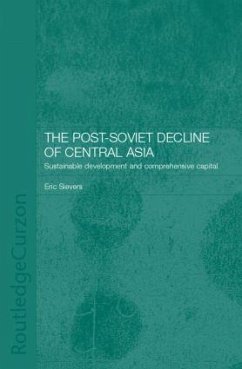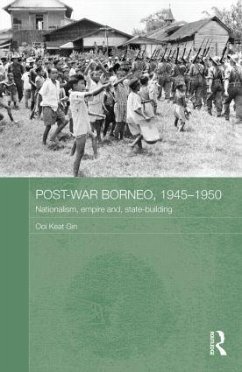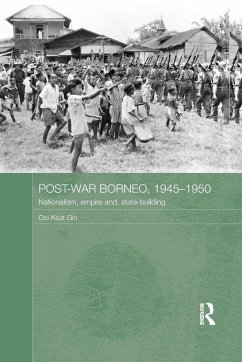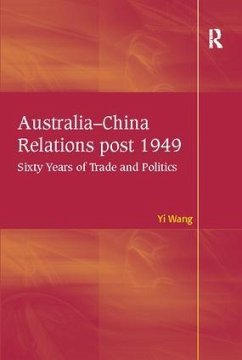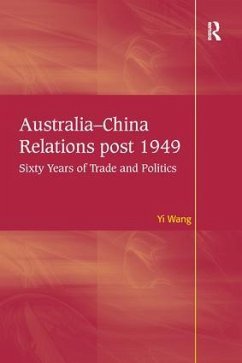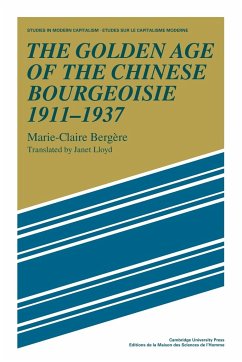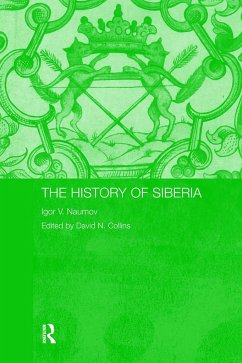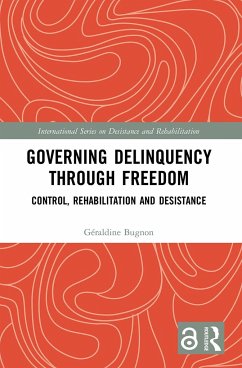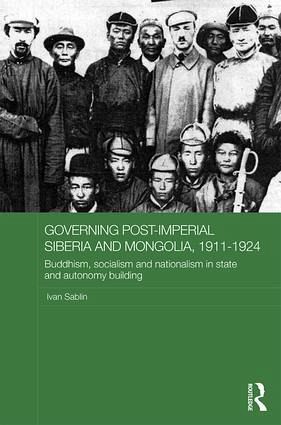
Governing Post-Imperial Siberia and Mongolia, 1911-1924
Buddhism, Socialism and Nationalism in State and Autonomy Building
Versandkostenfrei!
Versandfertig in 1-2 Wochen
177,99 €
inkl. MwSt.
Weitere Ausgaben:

PAYBACK Punkte
89 °P sammeln!
Governance arrangements put in place for Siberia and Mongolia after the collapse of the Qing and Russian Empires were unusual and experimental. The Buryat-Mongol Autonomous Socialist Soviet Republic and the independent Mongolian People's Republic represented a new model of governance, incorporating religious and ethno-national independence, under the leadership of the Communist International. The model, designed for a socialist, decolonised Asia, was intended to be globally applicable. This book, based on extensive original research, charts the development of these governance arrangements, and...
Governance arrangements put in place for Siberia and Mongolia after the collapse of the Qing and Russian Empires were unusual and experimental. The Buryat-Mongol Autonomous Socialist Soviet Republic and the independent Mongolian People's Republic represented a new model of governance, incorporating religious and ethno-national independence, under the leadership of the Communist International. The model, designed for a socialist, decolonised Asia, was intended to be globally applicable. This book, based on extensive original research, charts the development of these governance arrangements, and discusses how the ideologies of nationalism, socialism and Buddhism were incorporated.





